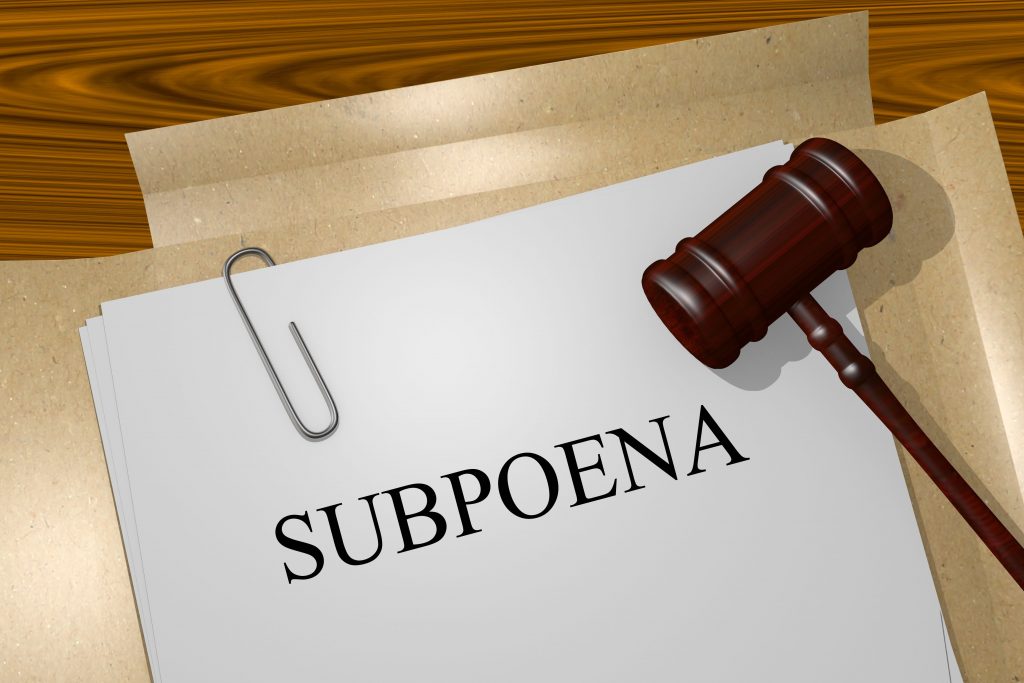Reprinted with Permission from Ballard Spahr
A district court in Boulder, Colorado, recently applied Colorado’s Press Shield Law to a subpoena for a reporter to testify at trial—even though the party issuing the subpoena only wanted to question the witness about published information. The court based its February 25 decision on the likelihood that the opposing party would seek to elicit information on cross-examination that had not been published.
Colorado’s Press Shield Law protects journalists from being compelled to testify about information they obtain in the course of newsgathering but do not publish unless the subpoenaing party can demonstrate a strong need for the testimony under a three-part test. The Shield Law does not protect journalists from having to testify about published information.
In Webb v. Downtown Prospect Association, Inc., the plaintiff issued a subpoena to testify at trial to a reporter for the Longmont Times-Call who had written an article quoting the defendant company’s representative. The plaintiff represented that she would limit her questioning to information published in the article—i.e., information not covered by the Shield Law. The Times-Call moved to quash, arguing that even if the plaintiff’s direct examination did not ask about unpublished information, the cross-examination likely would.
Although the court did not quash the subpoena in its entirety, it did require the plaintiff to establish that she could meet the Shield Law’s three-part test before she could question the reporter even about published information. The court found that the plaintiff did satisfy the test, and it strictly limited the direct and cross-examinations to published information. When the defendant’s counsel’s questions sought unpublished information from the reporter, the court sustained the Times-Call‘s objections under the Shield Law.
The ruling in Webb demonstrates that, even if a media organization faces a subpoena that does not seek information protected by a state shield law, resisting the subpoena is not a futile effort. The court may quash the subpoena if it concludes the information sought is not important to the case or can be obtained elsewhere. At a minimum, the motion can cause the court to carefully circumscribe the scope of information that is disclosed.
Note: Ballard Spahr attorneys Gregory Szewczyk and Ashley Kissinger represented the Longmont Times-Call in this matter.
Attorneys in Ballard Spahr’s Media and Entertainment Law Group are dedicated to supporting the free press and the First Amendment rights of groups and individuals. The Group helps clients navigate challenging media law issues across all platforms and industries.
Tags

